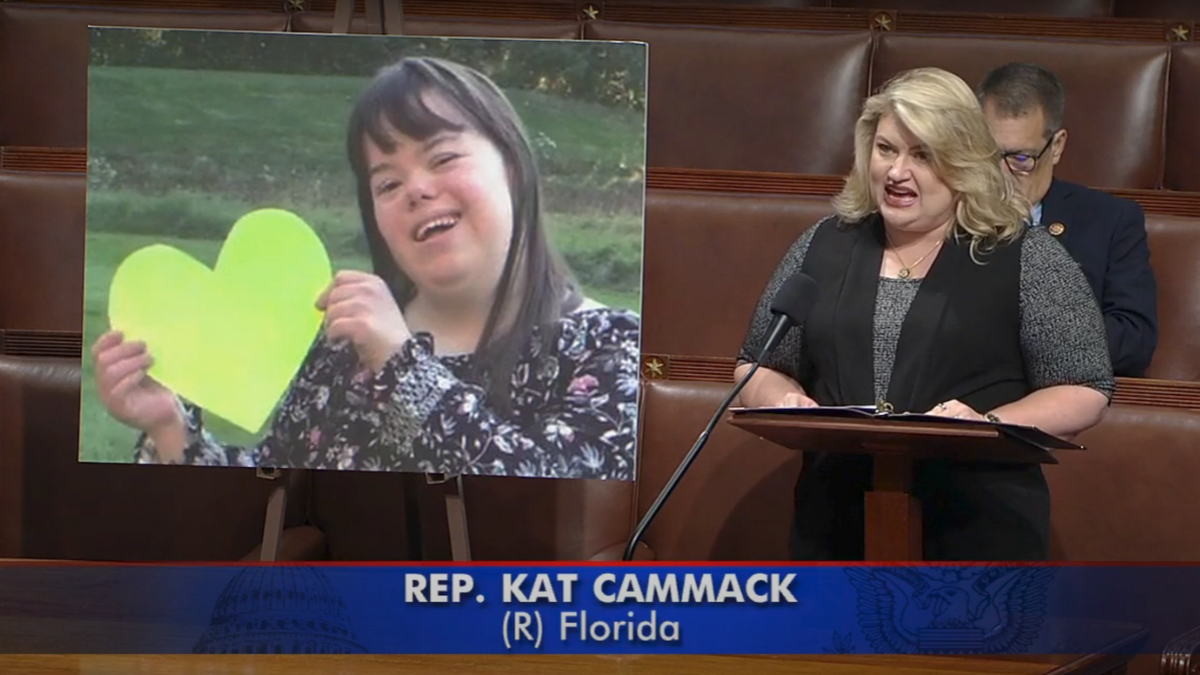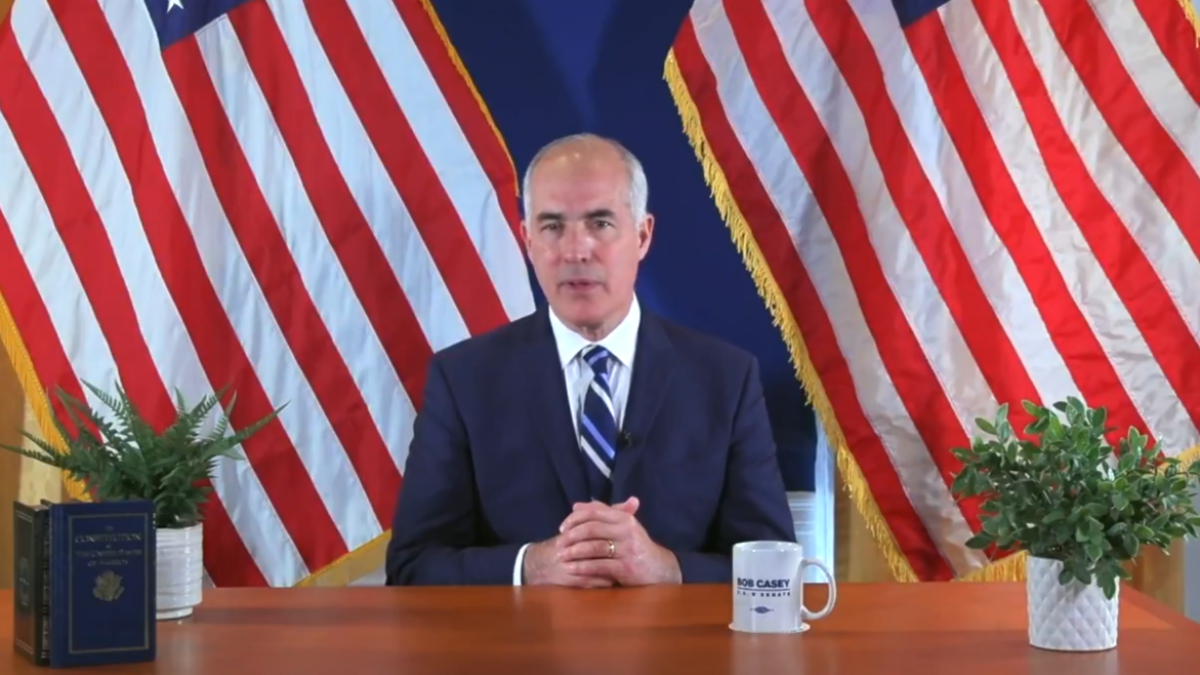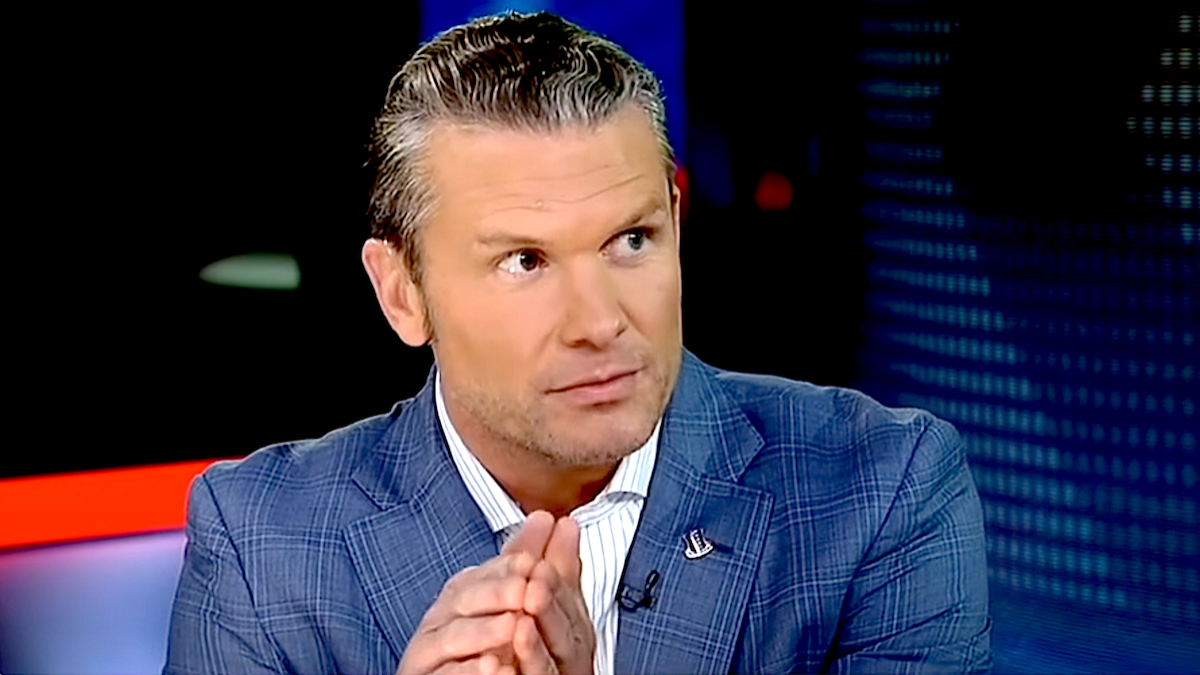
My father-in-law recently asked me if it is hard to see hospitals and death in film because their depictions are so inaccurate. Yes, it can ruin the realism for me and make me cringe. Then I realized that just watching the news or press conferences these days are giving me the same feeling.
Everyone seems to be talking about intensive care units (ICUs) and COVID-19 patients. As someone who has been dealing with these things every day, I am qualified to share some rarely discussed aspects.
Firstly, ICU doctors look for patterns. We like putting patients into logical categories to help organize our assessments and plans. “This patient is a recurrent urinary tract infection patient, indwelling foley, so likely has a severely high level of antibiotic resistance.” “This is one of those pear-shaped chain smokers with unstable angina who likely has a 99% LAD lesion and hypertriglyceridemia.”
The numbers we see on the screen of a patient’s chart give us tremendous insight into what the expected pattern of behavior a disease process will take in the ICU. With COVID-19, it is like that clichéd scene in the movies where the scientist looks up from the microscope and says, “This doesn’t seem to behave like anything I’ve ever seen before.”
This thing seems to cause the most damage between people who are in close contact: roommates, cell mates, parents with their adult children, nursing home neighbors, doctors in close proximity to an infected individual’s mouth, etc. It feels like you can trace the spread in front of you because it’s so contagious. We never usually see that.
Suffocating to Death Without Realizing It
We never see in other ICU-level infections the relatively healthy people (ages 50 and above) who have severely low oxygen levels with very little complaint of shortness of breath and minimal signs of a high work of breathing. Our typical bad infection patients are older, insulin-dependent diabetics with maybe some low-grade kidney disease. These COVID patients are mainly obese and without much more in the way of health problems.
Fat tissue is clearly playing a role among those who are infected who need the ICU. It’s a good excuse to lose weight! The lack of symptoms is disturbing, and explains why some people die at home without even an appreciation that they are suffocating to death. As an ICU doctor, it is jarring to come running to a patient with equipment to place an emergency breathing tube, only to be greeted by someone surprised to see you and watching TV.
The next thing weird about COVID-19 is that the very old in our ICU died in a few days and we are left with 50- to 70-year-olds who stay on the ventilator for weeks. We are totally at the mercy of this disease, watching the lungs get much better and then the next day much worse.
It basically doesn’t matter what we do. A few recover in six or seven days and go off to live their lives. Others show no unified trend of improvement two weeks into their medically induced coma. Those are the patients that stick to our ICU and load the census.
Even though there are fewer new patients with the illness, more beds are taken up because those few who come in seem to never leave. It’s relentless work that feels futile because they pass away in arbitrary ways.
Yes, we know about remdesivir and tocilizumab, convalescent plasma and maximum dose anti-coagulation, proning and APRV, steroids and cyclosporine. We’ve been trying all of that. There’s nothing that dramatically works and the occupancy is rising like a tide that will eventually drown you even though it ebbs and flows from the perspective of a single wave.
Staying on Ventilators for Weeks
This pattern of causing ICU paralysis by loading up ventilators and beds with people who don’t quite get better for weeks is a major hidden story of COVID-19, as perhaps the coronavirus mortality rate eventually might be 50 percent for this small percentage of infected people with critical illness.
The overall death rate of all countries with respect to all conditions is significantly more than one would expect for this time of year. The New York Times wrote about this to suggest that coronavirus is being underreported. An issue that rarely gets mentioned is that when the critical care infrastructure gets bogged down, death from all types of critical illness go up: heart attacks, strokes, bacterial infections, etc.
No country has a better critical care infrastructure than the United States, so we haven’t seen anything like what’s going on in Europe, where keeping patients in the ICU more than a few days is very unusual. These European nations are forced to raise an already high bar for who gets an ICU bed, including for any kind of critical illness. It’s also a reason it seems countries can have dramatically different COVID mortality rates.
Fear of the ER Is Causing Non-COVID Deaths
Another reason so many more people are dying right now as a whole than simply the COVID-19 numbers would indicate is that people are staying away from hospitals to their own detriment. There is so much fear of going to the ER right now that, without any exaggeration, I have seen multiple major illnesses leading to death that could have been easily prevented by patients coming in earlier. Family members told me the patient was reluctant to come and get exposed.
Leadership means telling people hard truths. When this self-imposed quarantine ends, there’s going to be a second spike, because this thing is one of the most contagious things we’ve ever seen. A small but sizeable percentage of people will sit in our ICUs weeks at a time, and the critical care infrastructure will grind to a halt.
Some people will die of the virus, others by overwhelmed emergency services, yet other people will die because they don’t go to the ER in a timely fashion out of fear. The virus will cause collateral deaths, and you won’t be able to trust that the medical safety net will catch the people who need it.
Either Direction Leads to Suffering
Not ending the self-imposed quarantine will also lead to economic destitution with its own collateral damage, especially to people working paycheck to paycheck and even to our own medical infrastructure that is subsidized by elective cases. Bottom line is, there is tremendous suffering and death in either direction. It isn’t a political party or a person doing this to you, it’s the virus.
Conspiracy theorizing is our attempt to explain away the fear we feel when we discover we are not all-powerful. We want to rationalize a malicious actor that will make us feel good by demonizing. The truth is, there is more pain and death in either direction unless there is a major scientific development, particularly at the level of the ICU. We need something, anything that will meaningfully shorten the length of stay and turn people around quickly.
There is a lot of skepticism by experts about whether an effective vaccine can be made for this virus, but if we can halt the unique cytokine storm that causes prolonged respiratory failure and even death, then this virus becomes just a flu. We will all be happy to ride out a week or two of fevers, body aches, and weakness if we knew there was no chance for our oxygen level to drop precipitously. We probably are several months away from that drug, and another several months more away from mass producing that drug.
Still, Economic Shutdowns Can’t Last
We probably will have to open the economy more and more, because in just a couple months we’ve entered historic levels of unemployment. You need to read history to appreciate what a killer that can be. Supermarkets will go empty, farms will be unfarmed and turn to dust bowls, animals will be mass euthanized, the economic engine needed to research and mass produce a cure might not be there when we need it, and people will die of despair or other disease.
Also, go ahead and try to enforce an indefinite shutdown. Every day the traffic is getting heavier. Are we going to lead our barbers, tailors, and salesmen away in handcuffs at the point of a gun? These folks are getting desperate for money and supplies. Do you think at some point these people will have nothing left to lose and will risk challenging and breaking down authority? Do you think those with authority won’t strike back harder against those disobeying indefinite, vague, crippling restrictions that risk wasting away people’s life’s work, leading to a massive escalation in force?
And what is an essential business that is okay to furlough? Is it okay for a child not to have access to shoes she can fit into? Is it essential for a health-care provider to have a working car to get to his place of work? Do we need a home internet repair man if the person at home is using the internet to coordinate deliveries of viral testing devices? Can going to a park or trail to exercise be an essential and permissible activity when we know fat and deconditioning are directly contributing to COVID-19 deaths?
If you want something to pray for, pray for a cure for the cytokine storm that is crippling and killing us and is the main reason both our health-care system and economy have ground down. Pray that society will give each other the benefit of the doubt in how we exhibit our frustrations.
Pray that our leaders will be honest enough about what is at stake and the sacrifices people will need to make. Pray that the solutions will come quickly and that we never again take for granted our freedoms, economy, medical workers, safety net, and way of life.









